2024
-
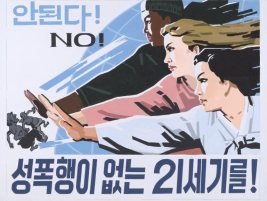
- No Longer Silenced!
-
A review of Unsilenced: Sexual Violence in Conflict, the UK’s first exhibition focusing on the issue of sexual violence during modern and contemporary global conflicts.
-

- Encountering Palestinian Women Who Stand Tall Amid Daily Crisis and Violence
-
Palestinian women who endure and resist occupation, oppression, and patriarchal structures, steadfastly continue life for the next generation.
-
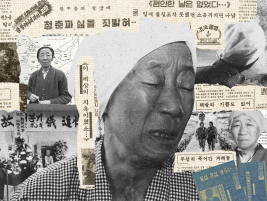
- A “Comfort Woman” Who Has Yet to Return Home, a Memory That Has Yet to Be Mourned: The Name Bae Bong-gi
-
Is it still possible to remember Bae Bong-gi’s life and mourn her death beyond the adversarial structure between nations?
-
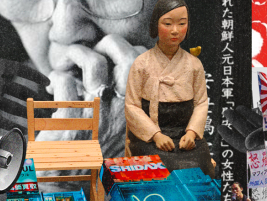
- Why the “Statue of Peace” Exhibition Is an Act of Practice
-
The solidarity practice of Japanese citizens who finally realized the exhibition of the “Statue of Peace” through the “Non-Freedom of Expression Exhibition”—more than a decade in the making.
-
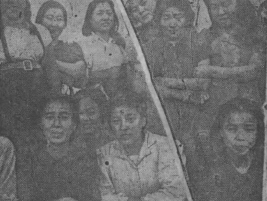
- Images of “Comfort Women” Survivors at the Time of Their Rescue by Allied Force, as Seen in a Chinese Magazine
-
A report on the “Comfort Women” survivors rescued by the Allied Forces, as featured in the Chinese magazine “Da Zhan Hua Ji,” published just beforethe end of World War Ⅱ.
-
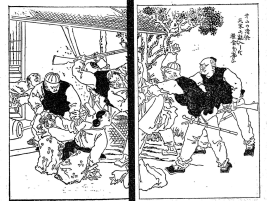
- History of Japanese Military “Comfort Stations” Dates Back 130 Years
-
Japan’s state-level responsibility for the “comfort women” issue in the context of the country’s history of licensed prostitution system
-
- Characteristics of the Issue of Japanese Military Sexual Slavery in Singapore
-
Until 2022, when the book The Comfort Women of Singapore in History and Memory was published, it was widely thought in Singapore that there were no Singaporean "Comfort Women" who were sexually enslaved by the Japanese military.
-
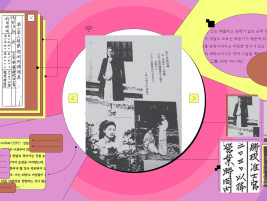
- The Meaning of “Using Comfort Stations” for Japanese Soldiers
-
The role and function of “comfort stations” as revealed in numerous memoirs written by Japanese soldiers
-
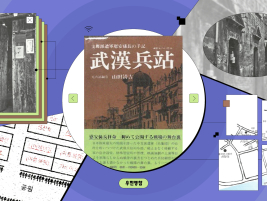
- What a Former Japanese Soldier Who Served as the Recreation Section Chief Saw and Failed to Say
-
Aya Furuhashi sheds light on the unspoken truths that emerge from the gaps between the lines of the the memoir, Wuhan Military Logistics Base, written by Seikichi Yamada.
-
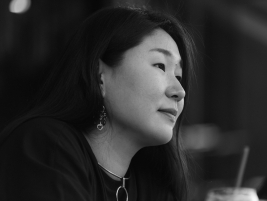
- How a Diaspora Director Talks About the “Comfort Women” Issue Through a Documentary
-
The documentary film <A Boat Departed From Me Taking Me Away>, directed by Cecilia Kang, a second-generation Argentine of Korean descent, follows the journey of the protagonist, Melanie Chong, as she confronts and grows increasingly aware of the issue of the Japanese military “Comfort women.”